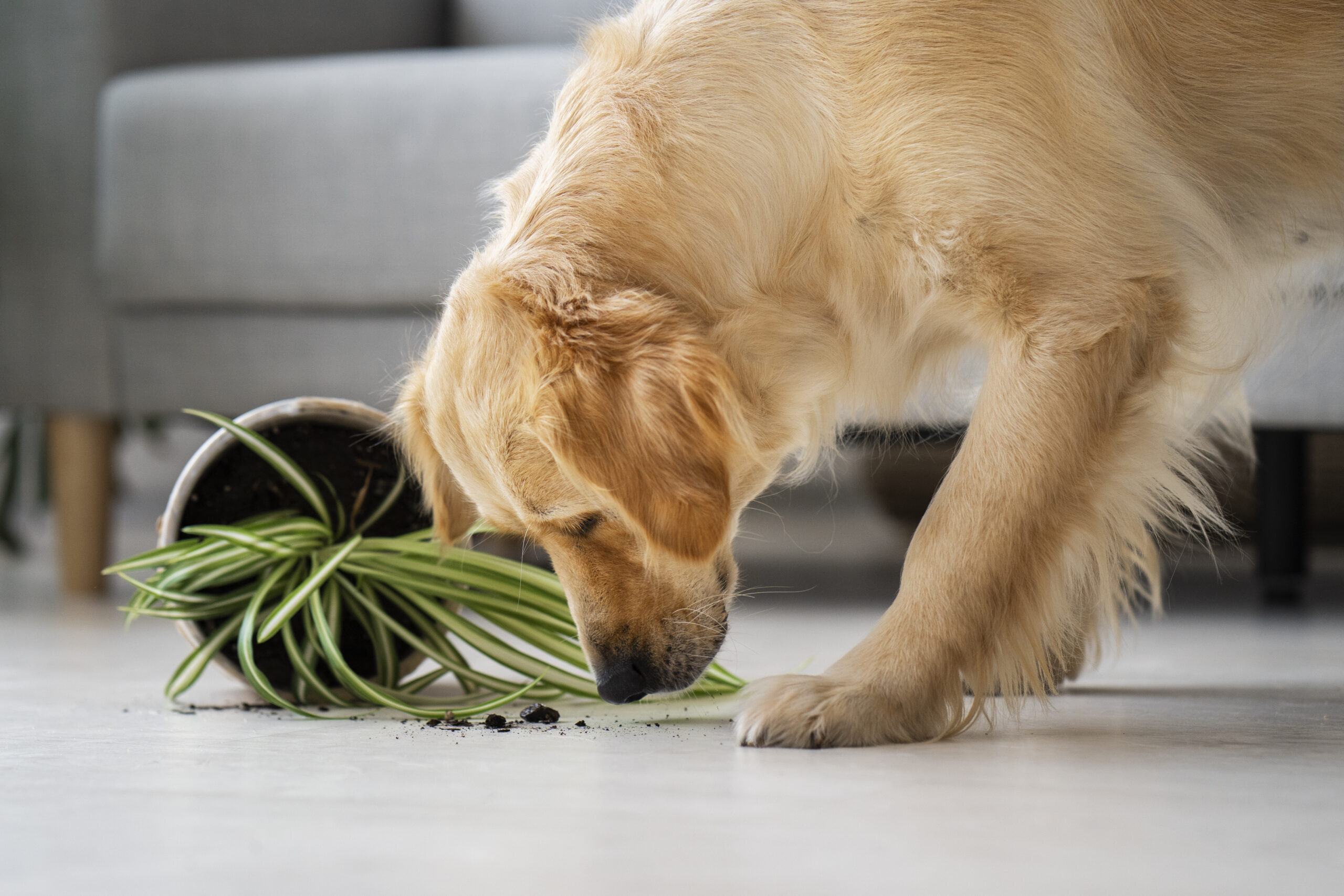Dog Onion Toxicity Calculator
Why Are Onions Toxic to Dogs?
Onions, garlic, and leeks contain a sulfur compound called thiosulfate, which can be toxic to dogs. This compound can damage red blood cells, leading to anemia. Even small amounts of onions or garlic can be harmful to dogs.
Symptoms of Onion Poisoning in Dogs
If you suspect your dog has ingested onions, garlic, or leeks, it is important to monitor them for signs of poisoning. These symptoms may include:
- Vomiting
- Diarrhea
- Lethargy
- Weakness
- Pale gums
- Increased heart rate
- Difficulty breathing
- Jaundice (yellowing of the eyes and skin)
- Excessive drooling
- Loss of appetite
- Abdominal pain
Seeking Veterinary Care
If you notice any of these symptoms in your dog after they have consumed onions, garlic, or leeks, it is crucial to seek veterinary attention immediately. Early diagnosis and treatment can improve the chances of a successful recovery.
Using an Onion Toxicity Calculator
While an onion toxicity calculator can provide a general estimate of the potential risk based on the amount of onions ingested and your dog’s weight, it is important to remember that it cannot replace the expertise of a veterinarian.
FAQs
- How much onion is toxic to dogs? Even small amounts of onions can be toxic to dogs. The exact amount that can cause poisoning may vary from dog to dog. Factors such as the dog’s size, overall health, and individual sensitivity can influence how they react to onions.
- What should I do if my dog has eaten onions? If you suspect your dog has eaten onions, contact your veterinarian immediately. They may recommend inducing vomiting or bringing your dog in for examination. It’s important to act quickly, as the sooner treatment is sought, the better the chances of a successful outcome.
- Can dogs recover from onion poisoning? With prompt veterinary care, some dogs may recover from onion poisoning. However, the prognosis can vary depending on factors such as the amount of onions ingested, how quickly treatment is sought, and the dog’s overall health.
- Are all onions toxic to dogs? Yes, all types of onions are considered toxic to dogs, including dried onions, green onions, and onion powder.
- Can dogs eat other vegetables? While onions, garlic, and leeks are toxic, other vegetables, such as carrots, peas, and green beans, are generally safe for dogs when consumed in moderation. However, it’s always best to consult with your veterinarian before introducing any new foods to your dog’s diet.
- How long does it take for onion poisoning to appear in dogs? The signs of onion poisoning typically appear within 12 to 24 hours after ingestion. However, in some cases, symptoms may take longer to develop.
- Is onion poisoning fatal to dogs? Onion poisoning can be fatal if not treated promptly. The risk of death is higher in dogs that have ingested a large amount of onions or have underlying health conditions.
- Can I give my dog a home remedy for onion poisoning? Do not attempt to treat onion poisoning at home. It is important to seek professional veterinary care as soon as possible.
Remember: The best way to prevent onion poisoning in your dog is to avoid feeding them onions or any foods containing onions. Keep onions out of reach and educate your family and friends about the dangers of onion toxicity. By being vigilant and seeking veterinary care promptly, you can help ensure your dog’s safety and well-being.
Additional Information
- Onion poisoning can be difficult to diagnose, as the symptoms may mimic other illnesses. It is important to provide your veterinarian with a detailed history of your dog’s recent diet and behavior.
- If your dog is diagnosed with onion poisoning, your veterinarian may recommend supportive care, such as intravenous fluids, to help treat anemia and maintain kidney function.
- It may take several days or weeks for your dog to recover from onion poisoning. During this time, it is important to follow your veterinarian’s instructions carefully and monitor your dog for any signs of relapse.
- Onion poisoning can be particularly dangerous for dogs with underlying health conditions, such as kidney disease or anemia. It is important to be especially vigilant if your dog has any pre-existing health problems.
- If your dog has ingested a large amount of onions, the risk of severe illness or death is higher. It is crucial to seek veterinary attention immediately in such cases.
- It is important to be aware that onions can be found in a variety of foods, including soups, stews, sauces, and even some dog treats. Always carefully read the labels of any food you give your dog to ensure it does not contain onions or other toxic ingredients.
- By understanding the risks of onion poisoning and taking proactive steps to prevent it, you can help ensure your dog’s safety and well-being.

